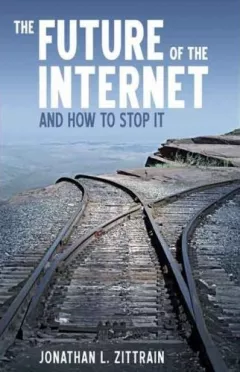Thinking through section 201 of the Global Online Freedom Act
Over on the Future of the Internet blog, Berkman summer intern Brendan Ballou takes a look at the Global Online Freedom Act being considered by Congress...
New legislation being considered in Congress would prevent US companies from aiding the censorship and surveillance operations of repressive foreign governments. The Global Online Freedom Act (GOFA), sponsored by Chris Smith (R-NJ), would track foreign Internet monitoring and blocking efforts under a new Office of Global Internet Freedom and would prevent US tech firms from handing over sensitive user information to so-called Internet-Restricting Countries. (Internet Restricting Countries, or IRCs, would be those that were “directly or indirectly responsible for a systematic pattern of substantial restrictions on Internet freedom.” China would be included, of course, but what about Australia or Finland?) On balance, GOFA would help the cause of Internet freedom, or at least provide a better understanding of surveillance worldwide. Yet some of the provisions are misguided, and could actually hurt the cause GOFA aims to further.
Let’s focus on Section 201, which would prevent US companies from “locating” sensitive user information within Internet-Restricting Countries. Just what “locating” means here is not entirely clear: is a Chinese GMail subscriber’s email located on her own computer, in Mountain View, California, or on one of the many routers in between? Regardless, the goal here would be to make it more difficult for Internet-restricting governments to claim jurisdiction over, and gain access to, user data.
Related commentary:
- Rebecca MacKinnon comments on GOFA in The Filter, May 2006.
- John Palfrey hails the announce of the Principles on Free Expression and Privacy process, January 2007.
- GOFA coverage on Wired's Threat Level blog, April 2008.
- John Palfrey and Colin Maclay testify before Congress on "Global Internet Freedom: Corporate Responsibility and the Rule of Law," May 2008.
